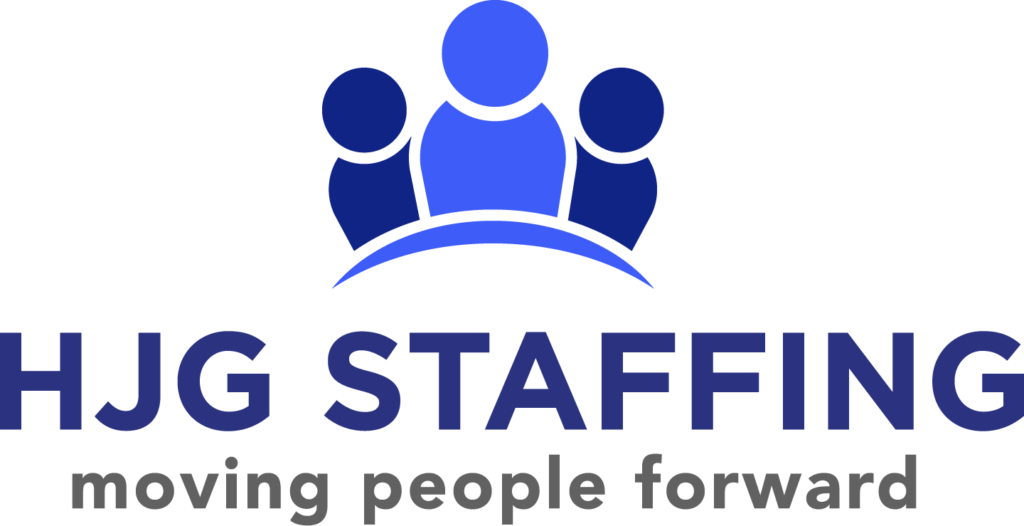Making decisions can be tricky, especially in a world with so many options. Life is a series of big and small choices that propel us to where we are now. However, the act of zeroing in on a decision can be overwhelming and even scary. Furthermore, for caretakers of the world, decisions extend past the individual self, creating even more options and responsibilities. It’s normal to worry or feel stress when it comes to making up your mind, especially when it comes to life’s bigger obstacles. Nonetheless, whether you’re deciding where to eat, what to wear to an interview, or how to handle a major conflict, these 3 steps can help your journey to becoming a more decisive person.

1.Take One Step:
Overwhelm can be debilitating. While contemplating and meditating upon a decision can be effective and healthy, overthinking often backfires. When it comes to a decision, try taking one small step at a time. If walking every week is your goal but it feels impossible getting there, take the very first step. This could look like pulling your hair back into a ponytail, filling up a water bottle, or simply throwing on a pair of running shoes.

Typically, the act of taking a first step can kickstart motivation and the process of decision making. Also, it’s fully customizable. Make the first step as big or as simple as you want. When it comes to more serious choices, the same method can be applied; for instance, when selecting the best school for a child with learning differences. In this example, starting could look like writing a list of schools, personal budget, location, etc. Getting out of your head and into the present is key, so anything that inspires that process can break the cycle of indecisiveness.
2. Simplify Your Options:
According to an article by Behavioral Scientist, “Over the past few decades, a large body of research has repeatedly shown that when people experience choice overload—when they face more options than they desire—they can experience a wide range of negative outcomes, from frustration and confusion to regret, dissatisfaction, and even choice paralysis.”
We live in a world that supplies nearly infinite options, especially when it comes to goods and products. Even a simple google search provides pages upon pages of research, opinions, data and more. Thoroughly researching is important; however, there’s a line between being informed and drained by an endless sea of possibilities.

When possible, narrow down your choices as much as possible. The act of simplification can be accomplished in different ways. One way is to write a list of pros and cons for each option. This can provide a visual representation, helping you see areas where cons outweigh pros and vice versa. Another trick to minimizing options is to focus on what you don’t want, which can lead to an answer.
3. Stay Present: Before, during and after the decision-making process, it is important to try to maintain a sense of presence. Creating space in your mind can provide clarity and peace. Even taking 5 minutes a day to meditate, breathe or clear your mind can have major benefits. When we stray from the present, even accidentally, we invite the endless chatter of the world to enter our mind. Intense overwhelm can lead to burnout, which has serious consequences.
According to Mindful.org, “A review of 23 studies looking at the effects of Mindfulness-Based Stress Reduction (MBSR) on employee burnout found that 8 weeks of mindfulness training reduced stress, psychological distress, depression, anxiety, emotional exhaustion and occupational stress, and increased self-compassion, relaxation, sleep quality, and a feeling of personal accomplishment.”

Practicing presence is often easier said than done. There are stressors in life which we cannot control, and it’s natural to feel a range of emotions. Because many things in life are out of our power, we can live in fear of the unknown. There are many what-ifs, but the truth is that living in hypothetical scenarios detracts from your present reality.
Mindfulness can be lifechanging, even when practiced in regular, small quantities. And when it comes to decision making, mindfulness can bring out the clarity and peace needed to face life’s decisions, big and small.
Practicing decisiveness has become increasingly difficult. In a world with quick fixes and endless options, somewhere between impulsivity and contemplation lies the sweet spot. Taking decisions one step at a time and simplifying options makes space for clarity. Mastering the final recipe relies on many variables, and even then, perfection is impossible. Yet, through it all, practicing mindfulness provides a channel of peace, simplicity and hope that can guide even life’s toughest decisions.




